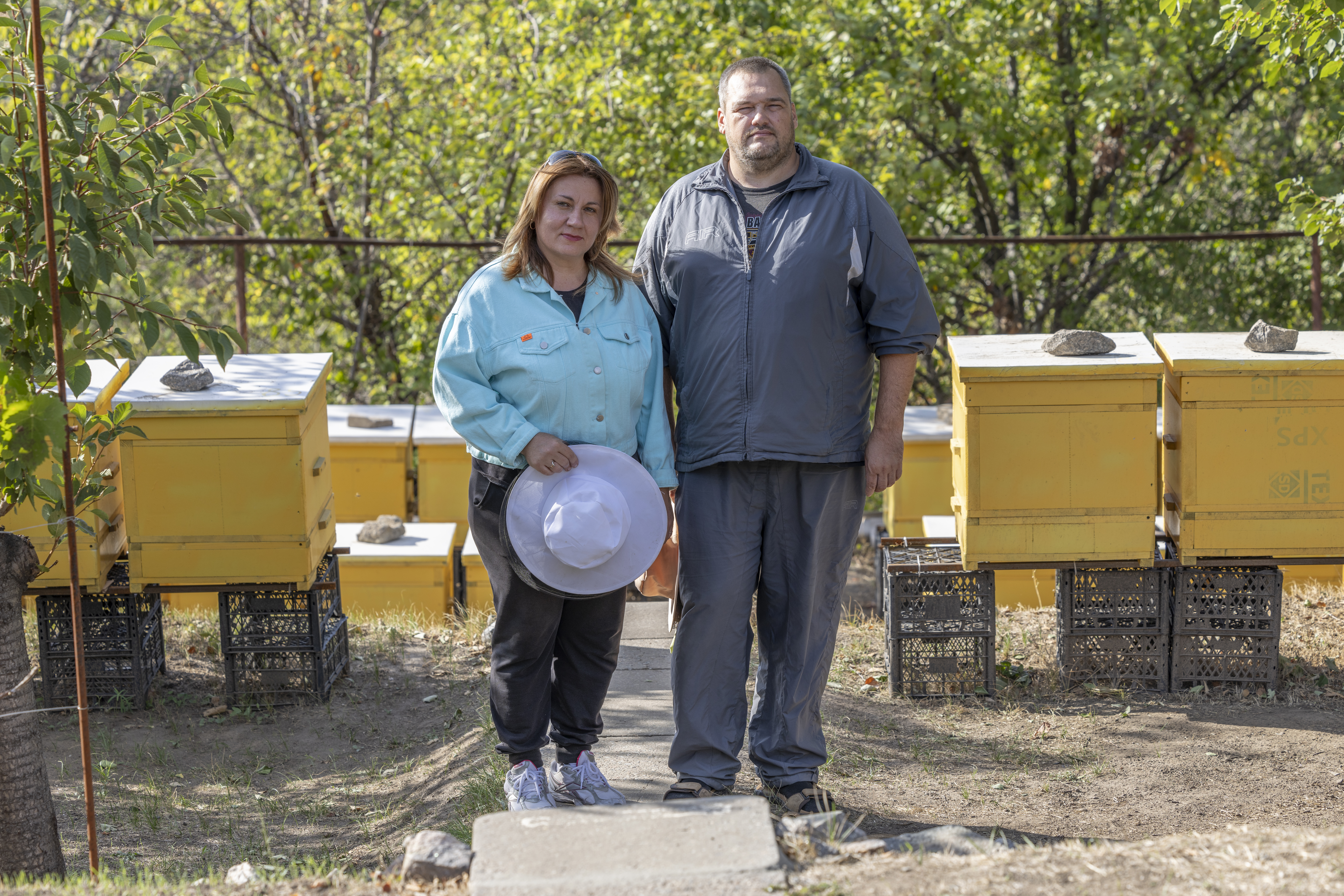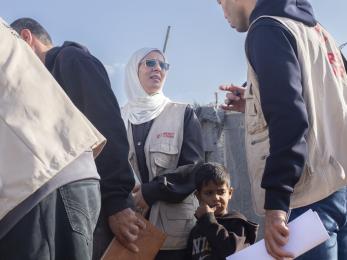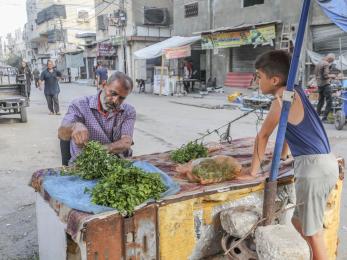Burmese farmers caught in poverty trap
Farming communities in Myanmar's Irrawaddy Delta have always followed a cycle of debt. Each year, wealthy landowners would lend farmers money, tools and cattle needed to till the soil. After the harvest, the debt is repaid and the cycle continues.
Farming is important for delta communities. The Irrawaddy Delta produces more rice than any other region in the country. Nearly everyone is employed through rice production or the fishing industry.
So when Cyclone Nargis hit the delta about a year ago, the storm not only destroyed homes, fishing boats and agricultural fields, it destroyed livelihoods.
Nargis was the worst natural disaster Myanmar has ever experienced and racked up about $4 billion in damage. Some say the damage sustained in the Irrawaddy Delta was as bad as the Indian Ocean tsunami. Emergency aid from the UN, the government and NGOs has helped shelter and feed the thousands of survivors but there's still a lot of recovery work to be done.
Today, farmers looking to start over are caught in an incredibly frustrating situation: the wealthy land owners that used to lend money and tools lost everything as well, so now there is nobody to lend. Without cattle, tools and seeds, the farmers have little chance of ever getting ahead. Adding to the situation, prices for crops are down from past years. This leaves farming communities with few options, therefore trapping them in poverty.
I first learned about this debt trap in the Al Jazeera video below. The situation is so heartbreaking, but also too common in poverty-stricken communities. Mercy Corps has helped more than 7,000 families rebuild their rice paddies in the delta. We've also given more than 25,000 people small grants to help them earn an income, which in turn helps restart the local economy and helps free these communities from the cycle of debt.


